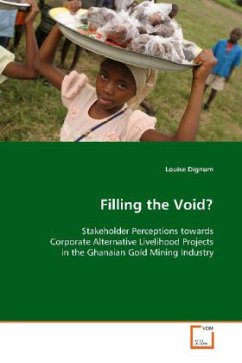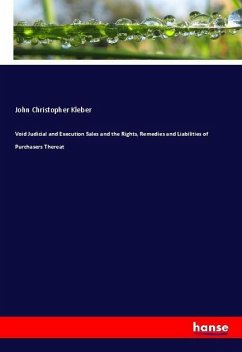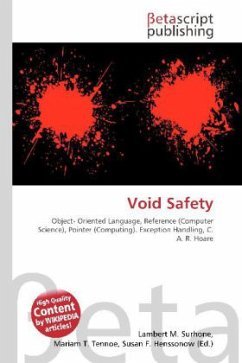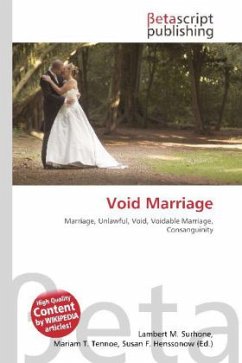The increasing global influence of multi-national
companies has led to growing calls for a corporate
social responsibility ethic, especially in mining.
Western-based mining companies are under pressure to
give fair treatment to indigenous communities. This
work looks at illegal gold mining in Ghana, where
poverty and illegal mining plague the industry today.
Alternative livelihood projects, developed by
foreign-owned mining companies, are intended to
reduce the incidence of illegal mining. This study
gathered public perceptions on these projects, which
provides important indicators on the success of said
projects and evidence of the level of commitment that
is invested in them by their designers. Regulation
theory is employed to evaluate the evolution of
alternative livelihood programs as an emerging form
of social regulation within the minerals extraction
industry. Critical evaluation of these projects is
necessary to differentiate promising initiatives from
corporate PR exercises. This work should prove a
useful resource to the many people working in the
field of development, especially those involved with
the design and implementation of sustainable
livelihood initiatives.
companies has led to growing calls for a corporate
social responsibility ethic, especially in mining.
Western-based mining companies are under pressure to
give fair treatment to indigenous communities. This
work looks at illegal gold mining in Ghana, where
poverty and illegal mining plague the industry today.
Alternative livelihood projects, developed by
foreign-owned mining companies, are intended to
reduce the incidence of illegal mining. This study
gathered public perceptions on these projects, which
provides important indicators on the success of said
projects and evidence of the level of commitment that
is invested in them by their designers. Regulation
theory is employed to evaluate the evolution of
alternative livelihood programs as an emerging form
of social regulation within the minerals extraction
industry. Critical evaluation of these projects is
necessary to differentiate promising initiatives from
corporate PR exercises. This work should prove a
useful resource to the many people working in the
field of development, especially those involved with
the design and implementation of sustainable
livelihood initiatives.








